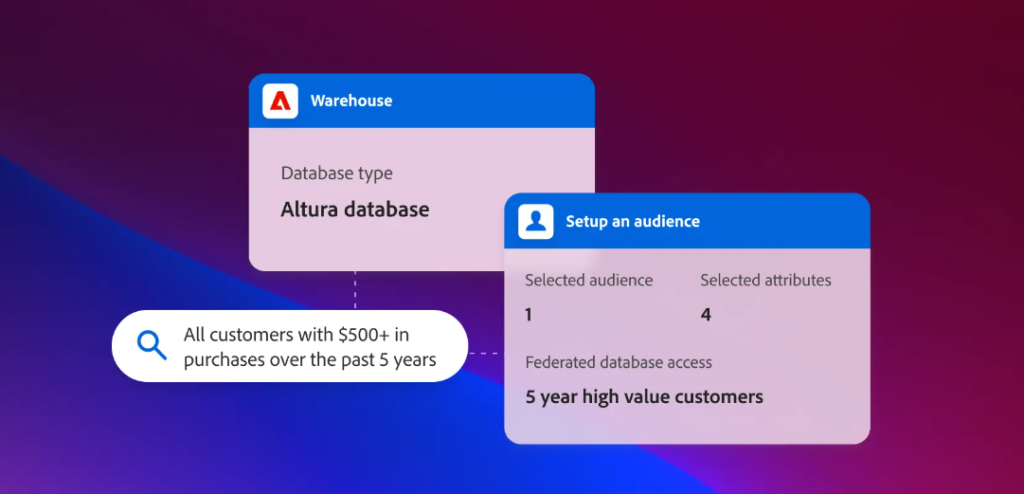Gearing Up for B2B Marketing in 2019
February 14, 2019CIOs at successful B2B companies are planning for a 2019 marketing stack roadmap with a focus on #CustomerTech. That means not just collecting data, but using it to address the business needs of their customers to achieve an unprecedented lift in KPIs defined around understanding customer behavior.
Next year is set to be one for businesses to fully optimize their customer data quality and insights by setting up the right technology platform for marketing to business customers. As you plan your 2019 budgets, the essential thing to think about is the customer aspect of #CustomerTech. Approaching tech from that perspective results in better customer data and analytics — the prerequisites for account based marketing (ABM).
Thanks to the rise of digital transformation, marketing models have evolved. The same demand for personalization that has arisen in the B2C realm now applies to the world of B2B marketing. As Gartner put it in “2019 CIO Agenda: Secure the Foundation for Digital Business” [PDF], ”organizations are shifting their focus from what they sell to how they sell.” In fact, Gartner found that 49 percent of CIOs surveyed said they had already transformed their approach or were in the process of doing so.
The lifeblood of digital transformation is data, and that is why we’re seeing B2B marketing evolve now. We’ve arrived at the point of capability to tap into the ubiquitous streams of data to compile B2B marketing data that is rich and robust enough to trigger advanced customer analytics.
Accordingly, Dunn & Bradstreet’s 6th Annual B2B Marketing Data Report found that concern about data quality has grown over the past three years from 75 percent in 2016 to 89 percent this year. However, the numbers are lower for those who can say that their own data meets their expectations; only 50 percent express confidence in it.

And there’s the rub. No matter how much data there is out there or how sophisticated your analytics may be, ABM won’t work if the data is wrong. This could account for why the majority of businesses have still not adopted it.
Only 38 percent of people said they were using it, according to Dunn & Bradstreet. The report attributes the low rate of adoption to the lack of “quality data – specifically strong firmographic and demographic data – to identify key accounts and targets, reach them across a variety of channels, and deliver relevant content that accelerates their buyers journey.”
This is why CIOs have to direct their tech efforts to consolidating quality customer data for analytics that will enable B2B ABM. The key to that is defining metrics around your business customers to determine the ROI of the tech.
As Gartner reports, the overwhelming majority of top performers (89 percent) “favor consumer metrics as indicators of success.” Such companies pay less attention to the time they save from the use of tech and instead focus on results the time savings can deliver to their customers, as well as that most important goal of attaining a “deeper understanding of consumer behaviors and needs.”
Achieving such understanding calls for high quality data and accurate customer analytics. Those form the basis of ABM, which needs to be in sync with the customer experience throughout the buyer’s journey.
This is the equation for CIOs seeking to fuel their business initiative this year: set up the #CustomerTech that will get you the right data for accurate analytics that will enable your marketing teams to tap the great potential of ABM. This will in turn allow your marketing teams to tailor their messages to the needs and preferences of the targeted business contact. If they do that then they will see measurable ROI for tailored B2B marketing in 2019.


